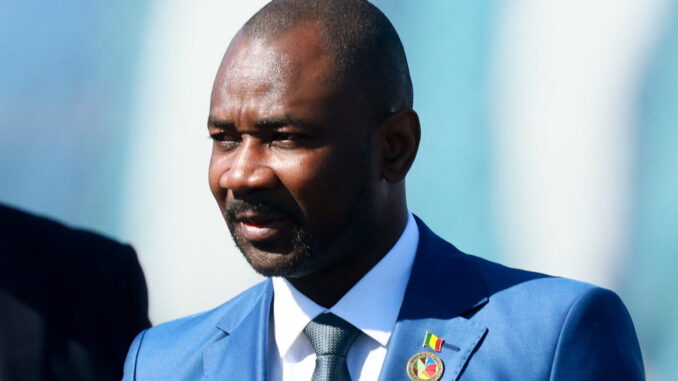
Mali’s transitional President, General Assimi Goita, has officially granted himself a five-year presidential mandate, renewable “as many times as necessary” without the need for an election, according to a law signed earlier this week and made public on July 10. The measure, passed by the military-appointed legislative body and approved by the cabinet, enables Goita to remain in power until at least 2030, abandoning the military government’s original pledge to return to civilian rule by March 2024.
The law allows Goita to serve continuously “until the country is pacified” amid ongoing insurgent violence and political instability. His rise to power was initially met with optimism, with some hailing him as a saviour committed to national security and reform. However, his failure to hand over power to a civilian administration, combined with recent moves to dissolve political parties and restrict civic freedoms, has sparked serious concerns about democratic backsliding. Earlier this year, a junta-led national consultation — boycotted by most political groups — recommended Goita’s continued leadership and proposed harsh new rules for political participation.
Goita’s tenure marks a dramatic shift in Mali’s geopolitical stance. The country has cut longstanding ties with France and other Western partners, instead aligning more closely with Russia. Alongside Burkina Faso and Niger, Mali has formed the Alliance of Sahel States (AES), a regional confederation that includes plans for a joint 5,000-strong military force. Despite intensifying jihadist attacks and political repression, Goita retains a measure of popular support, with some citizens viewing his leadership as a reclaiming of national sovereignty in a time of crisis.
